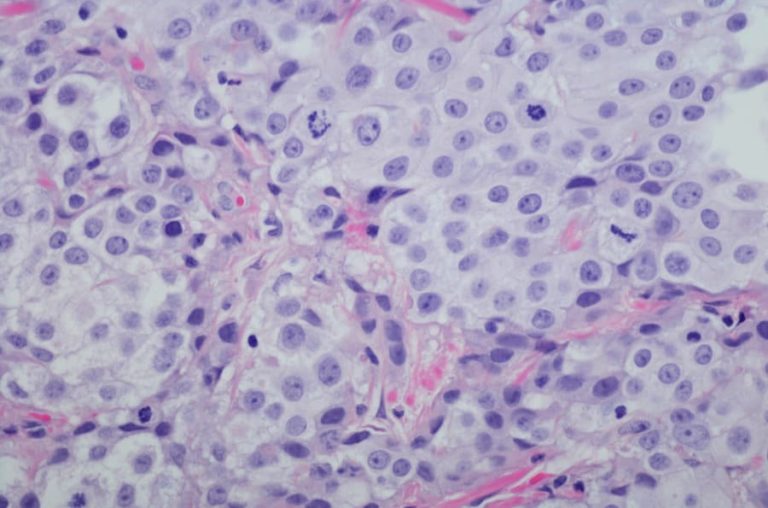
What Does Breast Cancer Feel Like in the Beginning?
Breast cancer can develop over a long period of time, and symptoms may not be present initially, which is why obtaining mammograms to identify early-stage
HIPAA Alert: Potential Data Breach Learn More
Questions on Oncology, Hematology and/or Infusion Clinical Services due to COVID-19 Crisis – CALL 833-698-1623
Important Information for Our Patients Regarding the Coronavirus.
RCCA Providing Area Cancer Patients with Access to Care During Coronavirus Outbreak
RCCA Offering Patients Virtual Visits During Coronavirus Pandemic
Bladder cancer is the uncontrolled growth and division of bladder cells. It’s one of the most common cancers found throughout the United States, but in many cases, a lack of initial symptoms causes it to go undiagnosed in its early stages. As a result, bladder cancer often isn’t caught until it reaches its later stages and becomes more challenging to treat.
That’s why Regional Cancer Care Associates provides bladder cancer screenings, diagnoses, and treatments for patients in Connecticut, Maryland, and New Jersey. Our proactive, individualized care helps patients with bladder cancer lead fulfilling lives while combating the disease.
Like most cancers, bladder cancer has many potential causes. These include smoking and other tobacco use, exposure to certain chemicals or radiation, chronic irritation of the bladder’s lining, and parasitic infections. However, since the causes of bladder cancer aren’t always clear, physicians have identified other risk factors linked to its development, including:
Being male
Being Caucasian
Older age
Prior cancer treatment
Taking certain diabetes medications
Family or personal history of cancer

In its early stages, bladder cancer often doesn’t cause symptoms. Once the disease progresses, however, patients may notice:
While many of these symptoms are also associated with other, more common conditions, such as urinary tract infections, they may be indicative of bladder cancer. If you or a loved one is experiencing one of these signs, contact your doctor right away.
As one of the largest networks of cancer doctors in the country, you can count on Regional Cancer Care Associates to provide advanced treatments in a compassionate setting. Plus, with more than 25 facilities located throughout Connecticut, Maryland, and New Jersey, our board-certified oncologists are never far away from the people who need them. To learn more about bladder cancer or to schedule an appointment, contact us today.

Breast cancer can develop over a long period of time, and symptoms may not be present initially, which is why obtaining mammograms to identify early-stage

A targeted, infused therapy that delivers radiation directly to cancerous cells has been shown to extend survival in many patients with metastatic prostate cancer. The

If you or someone you know has been diagnosed with cancer, it might seem counterintuitive to pass on treatments like surgery, chemotherapy, or radiation. However,

Regional Cancer Care Associates is one of fewer than 200 medical practices in the country selected to participate in the Oncology Care Model (OCM); a recent Medicare initiative aimed at improving care coordination and access to and quality of care for Medicare beneficiaries undergoing chemotherapy treatment.